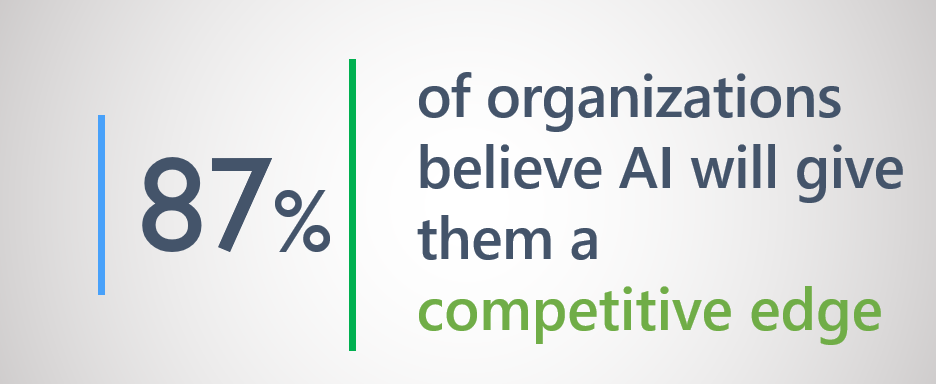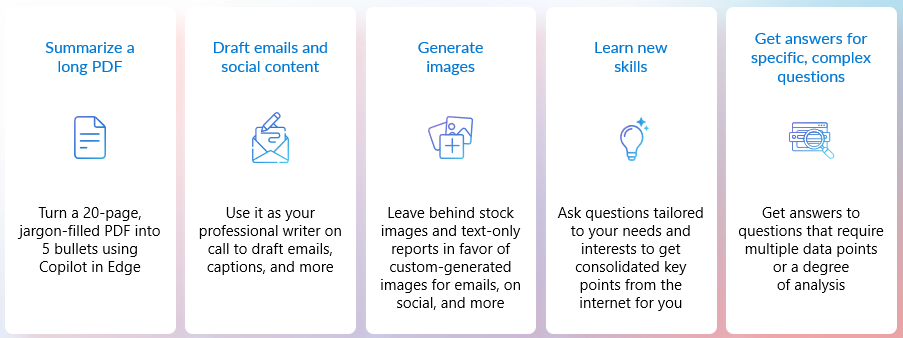Artificial Intelligence (AI) is changing the workplace by boosting efficiency, productivity, and innovation. As we move into 2025, AI tools will become more common in various business functions, especially in Human Resources (HR). This blog explores how businesses are embracing AI in the workplace and transforming HR practices.
The Rise of AI
AI technology is being adopted rapidly. For example, it took mobile phones 16 years to reach 100 million users, the internet 7 years, and Facebook 4.5 years. In contrast, ChatGPT reached this milestone in just 3 months. This quick adoption shows the growing reliance on AI across different sectors. A study by MIT Sloan Management Review found that 87% of organizations believe AI will give them a competitive edge. This highlights the importance of AI for businesses wanting to stay ahead. For HR professionals, integrating AI into their workflows is essential.

AI in HR: Fueling Team Efficiency with Purpose
AI is transforming business and, specifically, HR by automating routine tasks, offering data insights, and supporting better decisions. While AI can kick things off, it’s essential to add your own details and perspective.
Here are some key uses of AI in HR:
- Employee Communications: AI drafts internal emails, announcements, and newsletters, saving time and ensuring clear communication.
- Policy Development: AI helps write and update HR policies, keeping them clear and compliant with legal standards.
- Recruitment Support: AI creates job descriptions, interview questions, and candidate outreach messages, streamlining the recruitment process.
- Onboarding Assistance: AI develops onboarding materials and training guides, making integration smoother for new hires.
- Training and Development: AI generates content for employee development programs, ensuring training materials are relevant.
- Performance Management: AI assists in writing performance reviews and feedback forms, providing a more objective approach.
- Employee Surveys: AI creates and analyzes employee surveys, offering insights into employee sentiment.
- HR Analytics Reporting: AI summarizes HR data findings, making it easier for HR professionals to make informed decisions.
- Crisis Communication: AI provides guidance on addressing sensitive issues, ensuring communications are handled with care.
Real-World Applications
A few real-world examples of AI in HR include advancements in hiring, employee engagement, and performance management. These examples offer valuable insights into practical applications, demonstrating what’s possible.
- Employment Policy Review: Reviews policies to identify and address bias, providing recommendations for updates. See 5 Gotchas of AI Governance.
- Onboarding Checklists: Creates detailed checklists for hiring and onboarding, ensuring no task is overlooked.
- Difficult Conversations: Provides scripts and coaching for addressing challenging situations.
Another significant AI integration is Microsoft 365 Copilot, which enhances HR functions:

- Job Description Creation: Copilot in Word suggests skills and responsibilities for job descriptions.
- Candidate Discovery: Copilot in Microsoft 365 Chat extracts skills and qualifications from resumes.
- Interview Questions: Copilot in Loop creates interview questions based on job requirements, core value fits, and other key traits.
- Offer Letters: Copilot in Word drafts customized offer letters.
- Onboarding Materials: Copilot in PowerPoint creates engaging onboarding presentations.
The Future of AI in HR
As AI evolves, its applications in HR will expand. HR professionals must stay updated and continuously seek ways to integrate AI into their workflows.
Key steps for successful AI integration include:
- Identifying Goals: Define what you aim to achieve with AI.
- Selecting Appropriate Tools: Choose AI tools that meet your needs.
- Investing in Training: Ensure HR personnel are trained to use AI effectively.
- Regular Monitoring and Evaluation: Continuously monitor AI tools to ensure they meet expectations.
- Maintaining Data Quality: Ensure the data used by AI tools is reliable.
- Ethical Usage Strategy: Develop a plan for addressing ethical issues related to AI usage.
In conclusion, AI is evolving rapidly, and embracing AI in the workplace and transforming HR practices will be essential moving forward. It has the potential to take over routine tasks, provide valuable insights, and enable smarter decision-making. Embracing AI doesn’t just increase efficiency; it creates an environment where HR can prioritize people over paperwork. From finding the ideal candidate to enhancing employee satisfaction, AI positions HR as a key driver of success. Embrace it, use it wisely, and begin streamlining the HR process for everyone involved.









